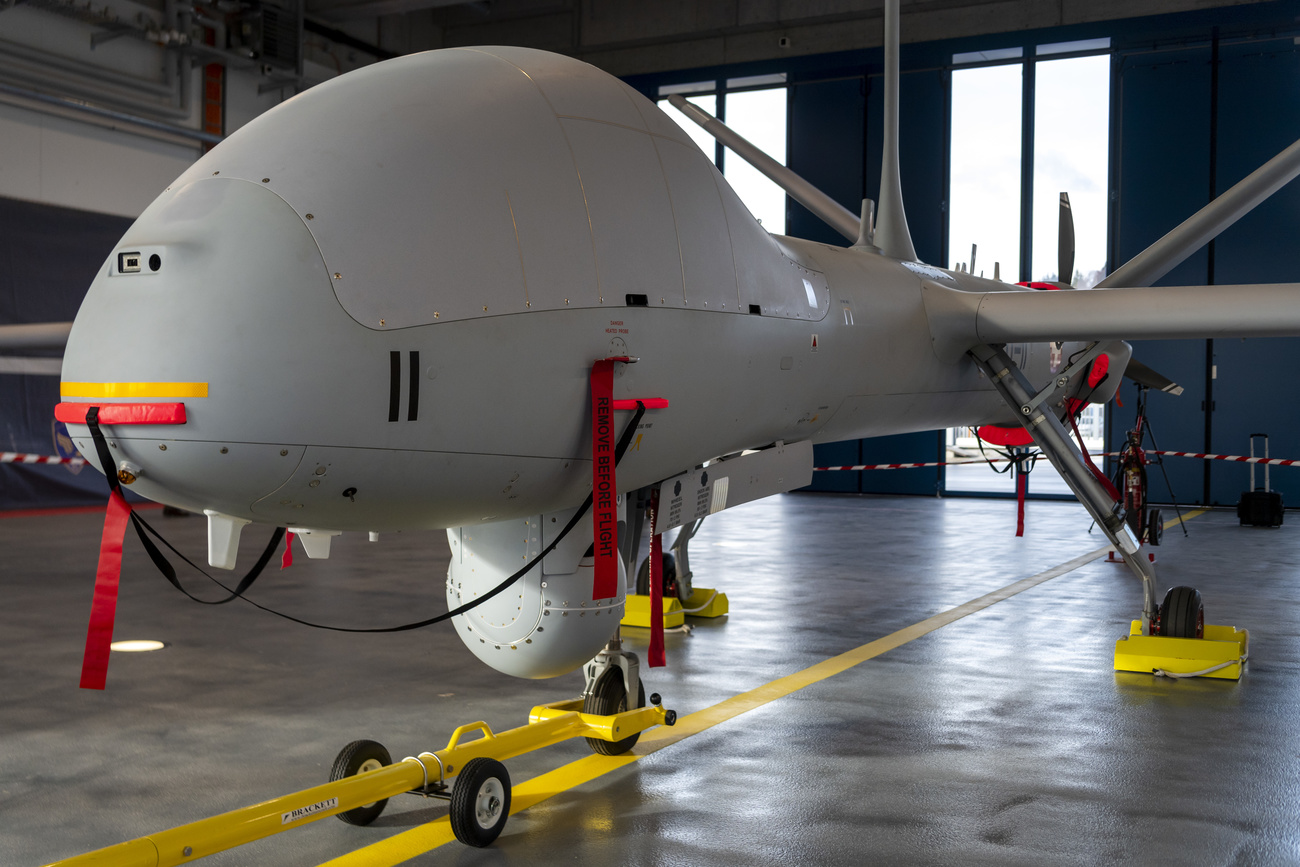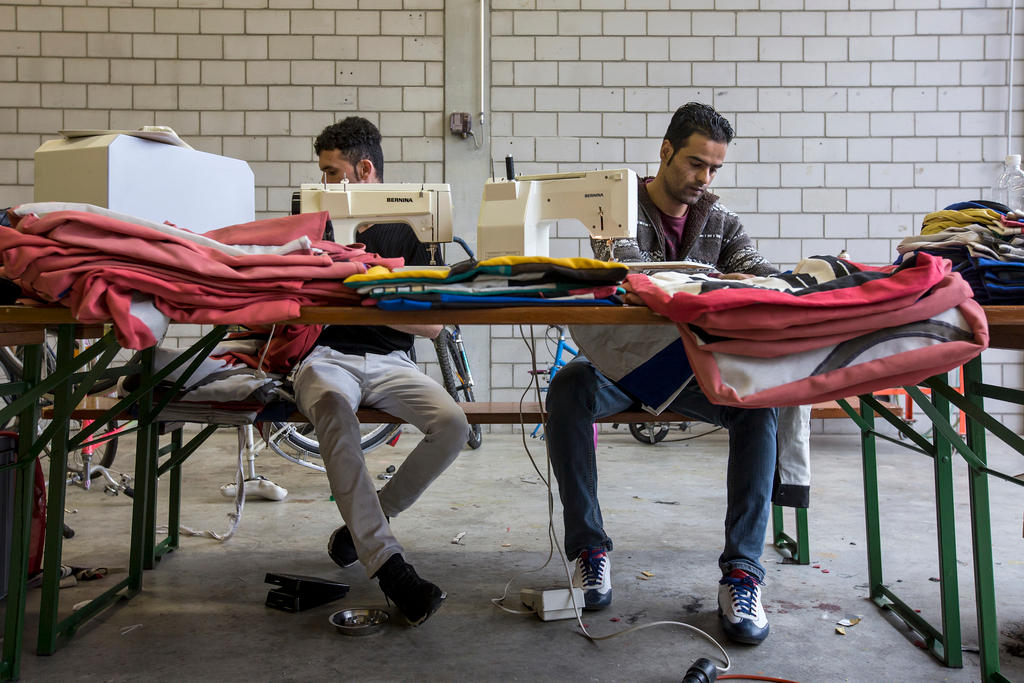Swiss have taken in 4,000 ‘extra’ asylum seekers

Switzerland has accepted close to 4,000 asylum seekers that it was not obliged to under the Dublin agreement. The vast majority should have been registered in Greece.
In response to a parliamentary question, the Swiss cabinet confirmed on Monday that the asylum seekers were taken in under the “sovereignty clause” that allows Dublin accordExternal link member states to take responsibility for them even if not required to do so. Close to 4,000 “extra” asylum seekers were accepted between early 2014 and the end of May 2016 of which 3,200 should have technically been registered in Greece.
Under the Dublin agreement, asylum seekers can only claim asylum in the first European country they reach. It also allows other countries to deport asylum seekers back to the Dublin accord signatory country where they first arrived.
The cabinet stated that the sovereignty clause was activated taking into consideration the conditions in the Dublin country where the asylum seekers first arrived. It also added that the clause could be invoked on humanitarian grounds for vulnerable persons, such as those who were sick. All decisions were made on a case-by-case basis, said the cabinet.
In response to another parliamentary question, the cabinet revealed that the asylum or refugee status of 24 individuals had been revoked since early 2015. The grounds were false declarations, concealment of information or committing heinous crimes.
Influx from north and south
Cabinet minister Ueli Maurer, who is in charge of border controls, told Swiss public television, SRF, on Monday that the country’s northern border has been under pressure recently. Migrants are passing through the southern valleys of canton Graubünden to get to Austria and Germany, he said.
Maurer also said that Switzerland southern border with Italy has seen a massive increase in migrant arrivals. According to him, Chiasso in the Swiss canton of Ticino has borne the brunt of this influx with record numbers arriving on the train route between the Italian town of Domodossola and the city of Brig in Swiss canton of Valais.
“There is an increasing need for a 24-hour operation there,” he said. “Migrants now come around midnight and not during the day.”
The minister also dismissed the need to deploy the army to reinforce border controls. According to him, around 80 to 90% of the migrants came by train and could be easily counted and registered.

In compliance with the JTI standards
More: SWI swissinfo.ch certified by the Journalism Trust Initiative












You can find an overview of ongoing debates with our journalists here . Please join us!
If you want to start a conversation about a topic raised in this article or want to report factual errors, email us at english@swissinfo.ch.